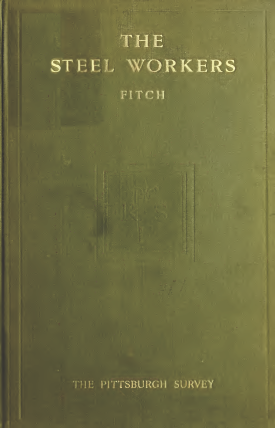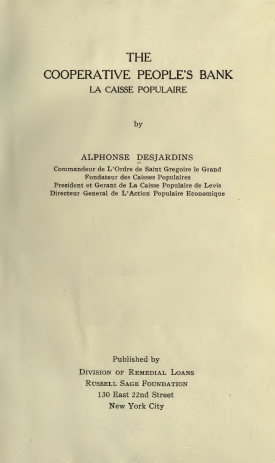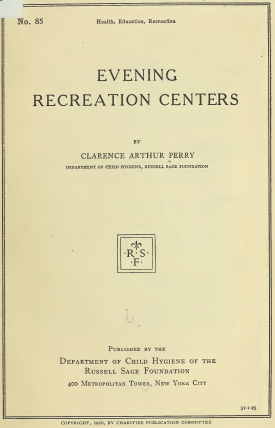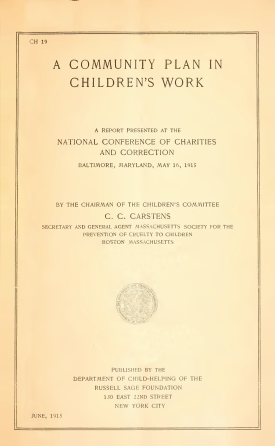This feature is part of an ongoing RSF blog series, Work in Progress, which highlights some of the ongoing research of our current class of Visiting Scholars.
As an affordable mode of transportation up and down the East Coast, the Chinatown bus lines operating out of New York City have become an increasingly popular service even for those outside of the Chinese immigrant community. Yet, a series of high-profile traffic accidents involving these buses over the last few years have raised concerns about their safety, and in 2012, the Federal Motor Carrier Safety Administration began a crackdown on many of the Chinatown buses.
While the closure of such bus lines may present an inconvenience for those looking for cheap vacation transportation, these shutdowns, if continued, could have a far more serious impact on newly arrived Chinese immigrants. Zai Liang (SUNY Albany), who is currently writing a book on the patterns of employment and settlement among recent low-skilled Chinese immigrants, identifies the Chinatown bus lines as a vital component of the job networks for new immigrants. His current research examines the role of both these bus lines and Chinatown’s employment agencies in facilitating immigrant settlement in destinations outside of New York City.
In a new interview with the Foundation, Liang explained how the bus lines and employment agencies help new immigrants find jobs, support their families, and even begin their own businesses outside of New York.
Q. Your current research examines the settlement patterns of recent Chinese immigrants in the US, focusing in particular on the role of New York City Chinatown employment agencies and the Chinatown bus lines. How do these two institutions work together to influence or accommodate the movements of Chinese immigrants?







